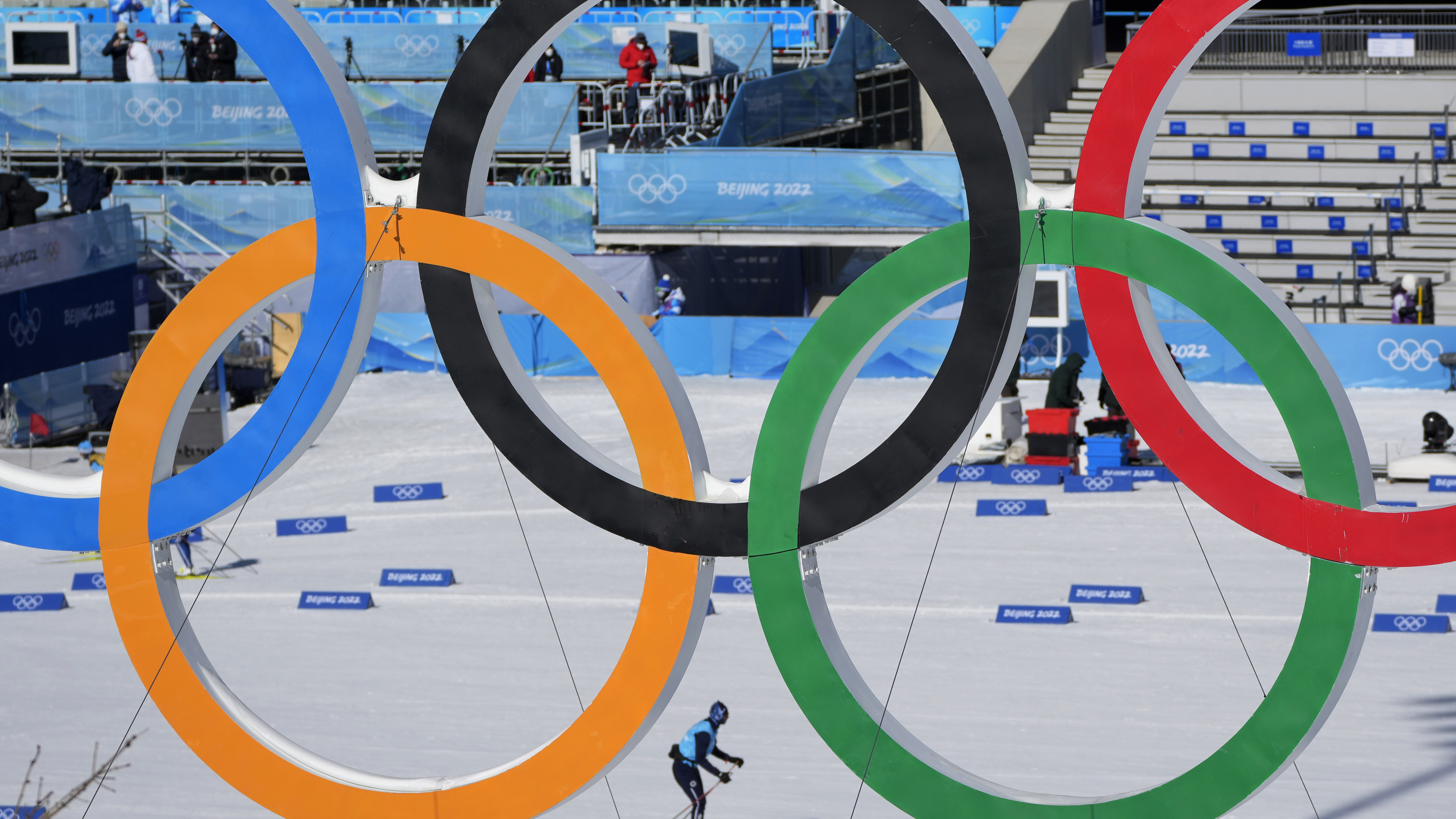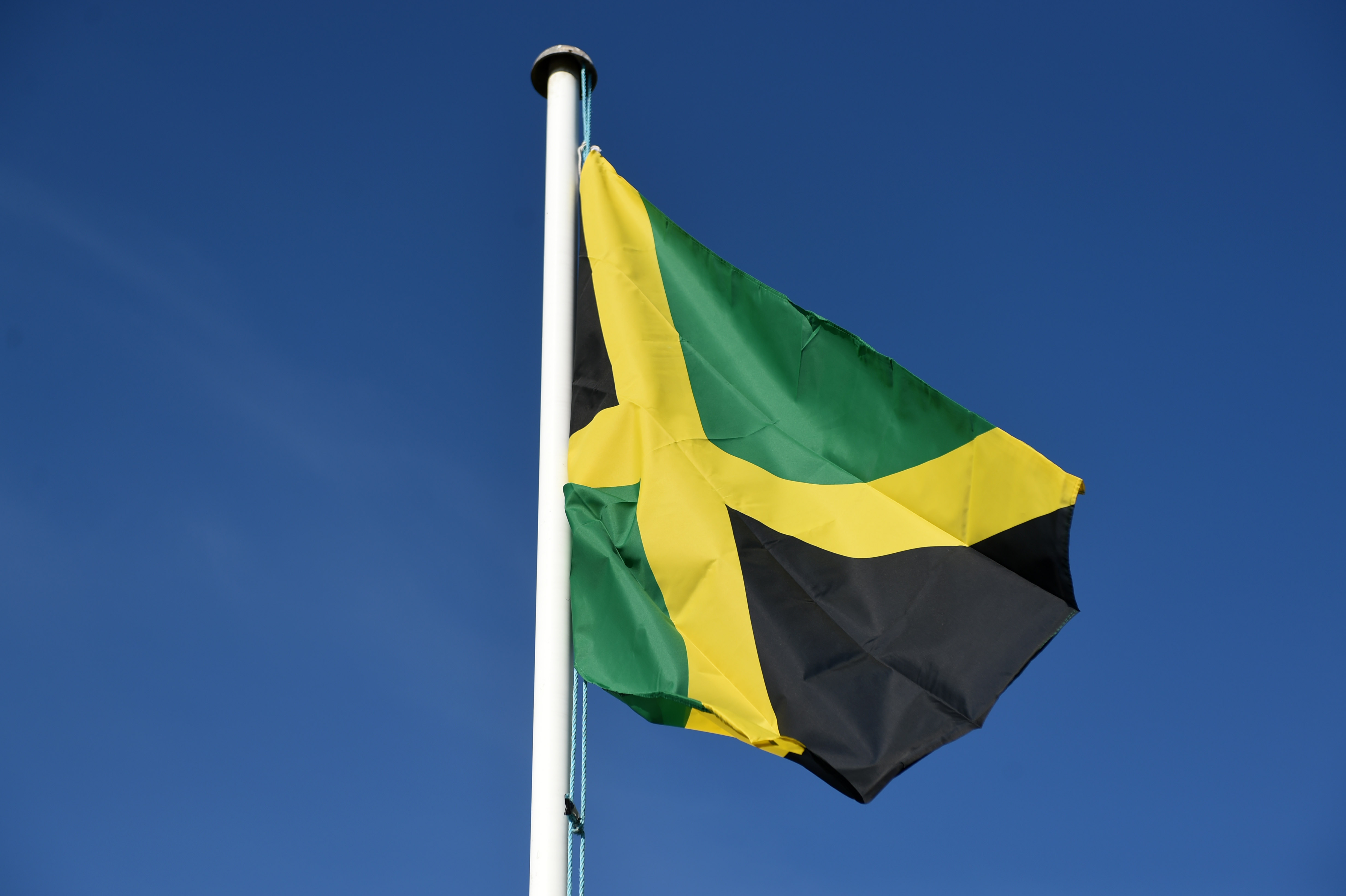Olympics Opening Ceremony Time 2022: TV Schedule, Live Stream and Kickoff Info

The opening ceremony for the Beijing 2022 Winter Games may not be until Friday, but Olympic competition is already underway.
Wednesday's action saw curling mixed doubles round-robin sessions and men's luge singles training; and Thursday's schedule includes men's downhill training in the alpine skiing, more curling mixed doubles, men's and women's moguls qualification in freestyle skiing, women's ice hockey preliminary group play, men's and women's luge singles training and men's and women's ski jumping training.
On Friday at 6:30 a.m. ET and 7:30 p.m. local time in China, the opening ceremony will get underway and officially open competition at the Games, with the first medal events getting underway immediately on Saturday in biathlon, cross-country skiing, freestyle skiing, short track speed skating, ski jumping and speed skating.
You can find everything you need to know to tune in to the opening ceremony below, including a preview of what to expect and how to catch the rebroadcast in American primetime.
The ceremony will re-air at 8 p.m. ET in prime time. NBC's Mike Tirico and Savannah Guthrie will anchor the coverage from Beijing and New York, respectively.
You can check out the full schedule of events at Olympics.com.
Opening Ceremony
Date: Friday, February 4
Time: 6:30 a.m. ET (7:30 p.m. local time in Beijing)
TV: NBC
Live Stream: NBC Sports app, NBCOlympics.com and Peacock
While we don't have full details on what organizers have planned for the Beijing 2022 opening ceremony, we know it will revolve around the motto of this year's Games, "Faster, Higher, Stronger—Together" and the official slogan, which is "Together for a shared future."
The festivities will take place at the National Stadium, or the Bird's Nest, which was initially built for the 2008 Beijing Summer Games. The Chinese capital is the only city that will have hosted both a Summer and Winter Olympics.
Opening ceremonies follow the same general program: The flags of the participating nations will be hoisted, the athletes will parade into the stadium, the host nation will put on an artistic program meant to showcase its culture and technology and the Olympic torch relay will reach its conclusion with the lighting of the Olympic cauldron.
However, the Beijing 2022 opening ceremony will look different for many reasons.
For one, no spectators will be permitted at the National Stadium, same as with the Tokyo Games. The International Olympic Committee announced on January 17 that "Given the current situation of the COVID-19 pandemic, in order to ensure the safety of all participants and spectators, it has been decided that tickets should not be sold anymore but be part of an adapted program that will invite groups of spectators to be present on-site during the Games."
Those groups of spectators will not include dignitaries from nations such as the United States, Australia, United Kingdom, Canada, Estonia, Latvia, Sweden, the Netherlands and Denmark, which are staging a diplomatic boycott of the Games to protest China's persecution of the Uyghur people in Xinjiang and other human rights abuses.
According to Josh Rogin of the Washington Post, "Olympic athletes from multiple countries who want to show solidarity with the victims of the Chinese government's human rights abuses have been quietly preparing to boycott the Opening Ceremonies, according to human rights activists who have been helping to educate and organize them."
While Rule 50 of the Olympic Charter expressly prohibits athlete protests, stating "No kind of demonstration or political, religious or racial propaganda is permitted in any Olympic sites, venues or other areas," Rogin reported U.S.-based activists have told athletes that skipping the opening and closing ceremonies can be a way for them to show solidarity and compassion towards the Uyghur, Tibetan, Hong Konger and Mongolian communities.
China, of course, would prefer that coverage of its opening ceremony focuses on what is sure to be a high-tech and vibrant celebration of the nation's culture. But given the active concern over its human rights record, that is likely not going to be the case.









